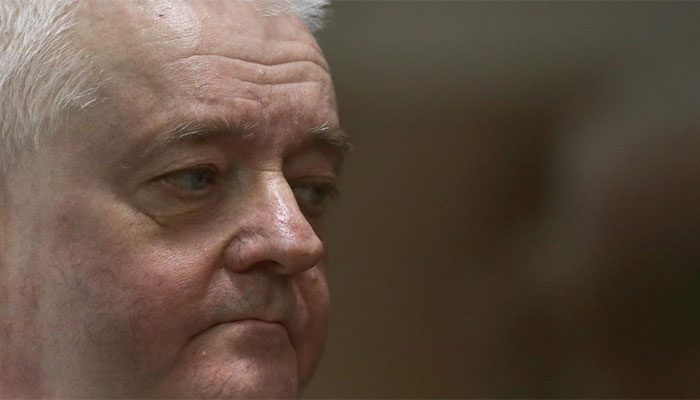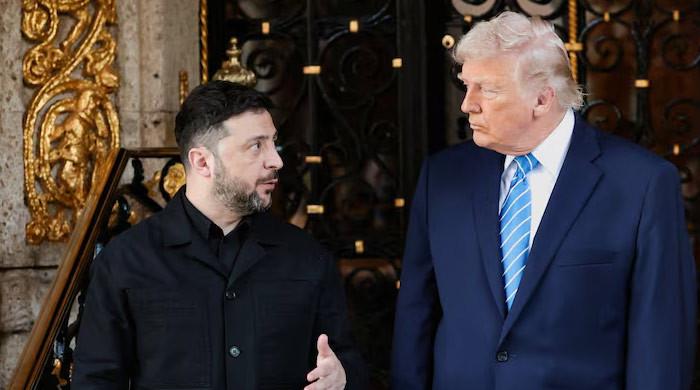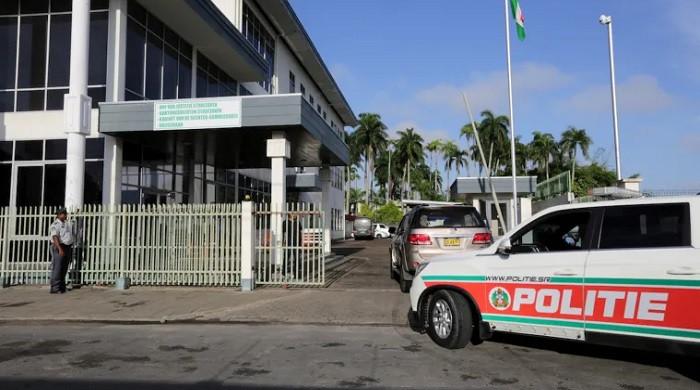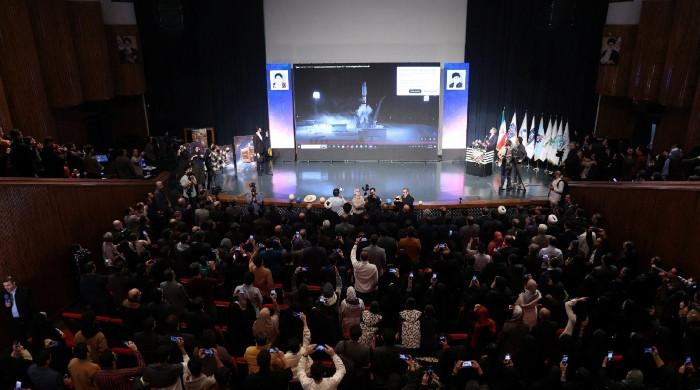Russian court jails Norwegian for 14 years for espionage
Verdict can strain relations between Moscow and its NATO-member neighbor
April 16, 2019

A Russian court convicted a Norwegian man on Tuesday of gathering espionage about nuclear submarines and jailed him for 14 years, a verdict that could strain relations between Moscow and its NATO-member neighbor.
Frode Berg, a 63-year-old retired former guard on the Norwegian-Russian border, was detained in Moscow in December 2017 and tried behind closed doors this month. He pleaded not guilty to charges of espionage on behalf of Norway.
Berg will not appeal the verdict and plans to request a presidential pardon from Vladimir Putin that would see him freed, according to his lawyer, Ilya Novikov.
Norway’s Foreign Ministry said it had “noted” the verdict but did not comment on its substance. It said it was working in multiple ways to bring Berg back to Norway.
“Norwegian authorities... wish to see the safe return of Frode Berg to Norway,” a ministry spokeswoman said.
Berg, who was wearing a suit and was handcuffed as he watched proceedings from a glass cage, acknowledged having been caught handling sensitive material for Norwegian authorities but denied having any idea he was involved in espionage. Details of the case have not been revealed as they are classified.
Asked by the judge in Russian if he understood the court’s verdict, Berg bowed his head slightly and said “yes” in English.
“He had no illusions. He expects his government will take all necessary steps to secure his release through diplomatic measures,” defense lawyer Novikov said.
Last week, Putin appeared to leave the door open to the possibility that Berg could be pardoned or possibly exchanged as part of a prisoner swap.
Asked during talks with Norwegian Prime Minister Erna Solberg about the possibility of a pardoning, Putin said: “We must wait for the court proceedings...We will take a look at what we can do with this depending on the court’s decision.”
Novikov said he was not aware of any talks under way between Oslo and Moscow to secure Berg’s release and that it would take a “significant” diplomatic push for it to happen.
“A presidential pardon is not something that is granted in the natural course of events, but with diplomatic measures it is quite possible,” Novikov said.









